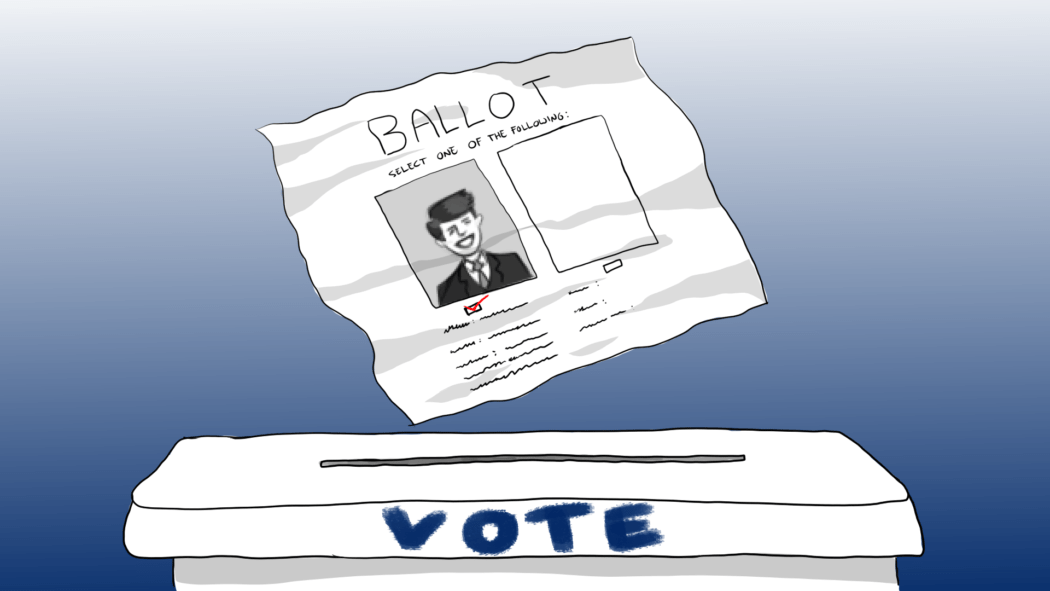Opinion: Opposed student body elections are a must
Running unopposed is a large inhibitor of on-campus elections. With opposition, the student body has a voice in who is representing them and their colleges. Running for office alone is a growing and worthwhile experience.
This is the year student body elections change. Utah State University Student Association, or USUSA, is now a statewide (as opposed to the previous campus-wide) organization representing students at all 30 campuses and centers in the Utah State University system.
This is also the first time in three years that all Logan positions have a declared candidate by the end of the USUSA election timeline. For a student body of more than 24,000 people, each candidate holds great responsibility and control over your academic and overall life at USU.
Truly oppositional elections (more than two candidates running for the same position) are needed at USU. This allows students to have a choice in selecting who will represent them and give a more diverse array of candidates. Yet for system-wide officers, only one role was truly opposed, and another had no opposition.
Ethan Conlee was running unopposed for Student Advocate vice president. Conlee has held that position for the past year at USU.
When asked how has running unopposed affected his campaign, Conlee said it made the experience less stressful and allowed him to focus on his current role as Advocate. His campaign is less of comparing his platform to the other candidate and is more information based.
Compared to the previous year’s election, where he had run opposed, Conlee said the current election is less stressful also in the sense that he has more knowledge about the role and is better equipped for it.
Lucas Stevens, the USUSA president, previously served as the USUSA executive vice president. Both of his previous elections were opposed with at least one oppositional candidate.
He said there is an intensity with USUSA elections that differs from other universities. Stevens attributed that to, “as said by many administrators,” the USUSA legislative process being effective and having a greater effect on USU, making oppositional elections even more important.
Stevens has seen many benefits to opposed elections during his time at USU.
“I think contested elections teach valuable lessons to individuals,” he said. “I had to also work harder to educate myself on issues and reach out to students more. When you have a competitive election, there’s way more incentive to actually get actual student feedback.”
Running for office gives candidates the opportunity to bring attention to issues they are passionate about at USU and to hold oppositional candidates to a high standard.
Conlee agreed that opposition is healthy for a good campaign.
“The competition of ideas is really important. Without it, there is no input from another candidate into my campaign,” he said.
Stevens had a similar response.
“I think competition, and your juxtaposing contrary ideas, and debate generally brings out the best solution when you have to defend your priorities,” he said.
Running in opposition to other candidates is a great experience for you, a challenge for the opposition, and a better selection of choices for the student body.
—
Sara Prettyman is a Maryland-born-and-raised sophomore majoring in applied mathematics. She loves drawing, running and reading.
— A02342348@usu.edu

